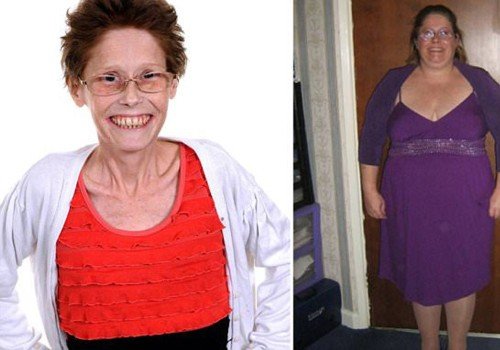It is a natural hair loss of 5 to 15% of your hair due to the stress of surgery and weight loss. It rarely lasts longer than 6 months. Hair loss is more common in patients who have had the gastric sleeve or gastric bypass procedure. In fact, between 30 and 40% of patients will experience some form of hair loss after surgery.
Research has shown that physiological stress resulting from major surgery and rapid weight loss can cause the body to shift nutrients to vital organs such as the heart and brain and away from cosmetic functions such as hair growth. Although hair is important to us, it is not important to the body. As a result, the hair growth phase could be temporarily stopped and the latent state began, which would cause some hair loss. It most commonly occurs 3-5 months after the operation.
As the body adapts to the changes, hair loss will decrease and then stop. Hair should grow back normally as long as there are no nutrient deficiencies and consume adequate protein. hair loss after gastric sleeve surgery can occur in 30 to 40% of patients. However, this situation is merely temporary if the patient follows the advice of the bariatric surgeon.
However, bariatric surgery can cause a greater percentage of your hair to go into the telogen phase. So why is this happening and what can you do to help prevent it? One thing to keep in mind is that those who undergo gastric sleeve or gastric bypass procedures are more likely to experience hair loss than those who undergo the lap band procedure. When silica and biotin are taken together, they can help prevent hair loss and can also restore hair after the telogen effluvium phase. There are several etiologies for hair loss in women; they can be classified as associated with the presence or absence of scarring.
Hair follicles are not damaged during telogen effluvium, so hair will grow back stronger and better than before. The patient should be given appropriate guidance on what protein-rich foods they can and should eat and which supplements will help prevent hair loss. It may take 6 months for all of your dormant hair to fall out, but your body will start to grow more hair over time. They occur more frequently after malabsorptive surgical procedures (biliopancreatic diversion with duodenal change, malabsorptive surgery and Roux-en-Y gastric bypass) than from restrictive operations (laparoscopic sleeve gastrectomy and adjustable gastric band).
Thinning your hair can be a challenge, but there are a number of resources, including Nioxin, that could help. They are essential to avoid nutrient deficiencies and provide the B vitamins needed to keep hair healthy and full. Hair loss can also be caused by systemic diseases, such as thyroid disease and polycystic ovary syndrome (PCOS), and is influenced by genetics. There are also ways you can help prevent hair loss, such as using key supplements that will help offset the stress your body is suffering.
In addition, weight loss causes hormonal changes that are beneficial to health, however, there are still changes in your body and hair reflects these changes.





